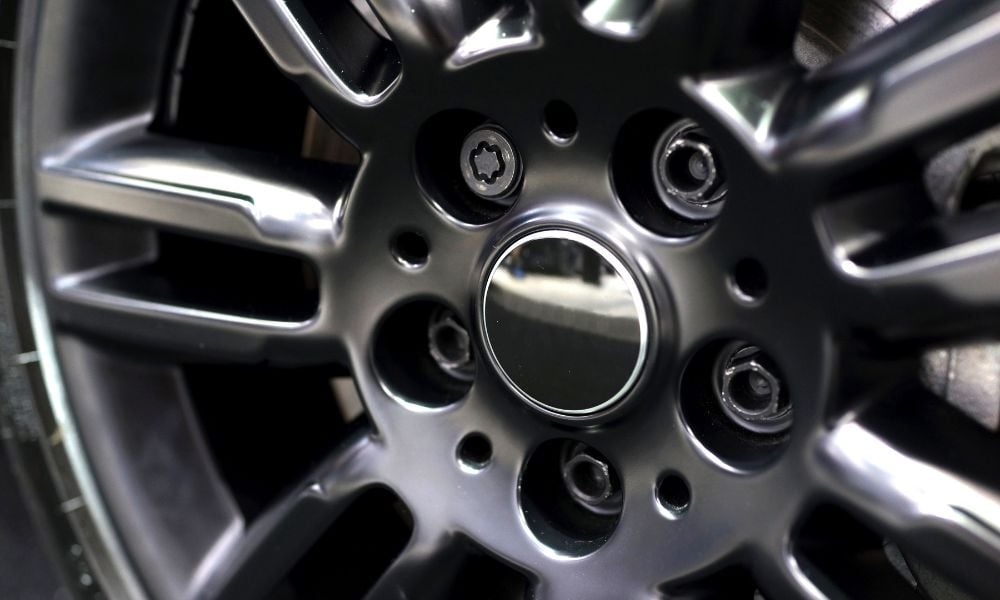
The wheels of your car, sometimes called rims, are made of metal and provide structural support for the tire. They also play an essential role in giving your vehicle its overall look and style. There are two main types of rims: aluminum alloy and steel. Here’s a brief guide on the differences between aluminum alloy and steel rims.
Aluminum Alloy Rims
Aluminum alloy rims offer several advantages for vehicle owners. They are lightweight, which makes them ideal for high-performance vehicles such as sports cars and SUVs. The lighter weight reduces the unsprung mass of the wheels, resulting in improved acceleration and handling characteristics. Aluminum alloy is also highly corrosion resistant, meaning that it won’t rust like steel rims can over time. Additionally, alloy rims tend to be more aesthetically pleasing than steel options due to their sleek design and range of available colors. However, there are some challenges associated with aluminum alloy rims, as well. For example, alloy wheels are generally more expensive than steel alternatives due to increased production costs and higher demand from buyers seeking performance or style upgrades on their cars or trucks.
Steel Rims
Steel rims offer some advantages for vehicle owners. They provide durable performance and a classic look that many prefer, making them a popular choice for cars and trucks. Steel is also highly wear-resistant and can last longer than aluminum alloy wheels in certain conditions and environments. Steel rims tend to be more affordable than their aluminum counterparts due to lower production costs and higher parts availability at auto shops or online retailers. However, steel rims can have some drawbacks. Since steel is heavier than aluminum alloy, the unsprung mass of the wheel increases, which can affect handling characteristics such as acceleration and braking over time. They are also prone to rusting when exposed to corrosive elements like salt water or chemicals. Regular maintenance may be necessary depending on where you live and drive your vehicle regularly.
The Differences
The significant differences between these rim choices are cost, style, and durability. You should consider several important factors when choosing between alloy and steel rims. The first is the performance needs of your vehicle. If you’re looking for improved acceleration and handling characteristics, an aluminum alloy wheel may be a better choice due to its lighter weight. However, if durability and classic styling are more important than performance, a steel rim could be the way to go. The second factor is cost. Generally, aluminum alloy wheels are more expensive than steel options. Steel rims are usually more affordable but might not offer the same level of performance as an aluminum option depending on your needs and preferences when selecting wheels for your car or truck.
Now that you know the difference between aluminum alloy and steel rims, you can choose the best option for your vehicle. If you need new rims, check out WheelerShip’s selection, which includes 2016 Nissan Maxima rims.


